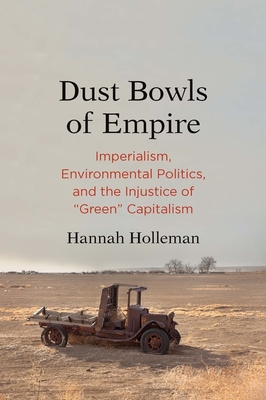Expedite your nonfiction book discovery process with Readara interviews, summaries and recommendations, Broaden your knowledge and gain insights from leading experts and scholars
In-depth, hour-long interviews with notable nonfiction authors, Gain new perspectives and ideas from the writer’s expertise and research, Valuable resource for readers and researchers
Optimize your book discovery process, Four-to eight-page summaries prepared by subject matter experts, Quickly review the book’s central messages and range of content
Books are handpicked covering a wide range of important categories and topics, Selected authors are subject experts, field professionals, or distinguished academics
Our editorial team includes books offering insights, unique views and researched-narratives in categories, Trade shows and book fairs, Book signings and in person author talks,Webinars and online events
Connect with editors and designers,Discover PR & marketing services providers, Source printers and related service providers

Dust Bowls of Empire: Imperialism, Environmental Politics, and the Injustice of Green Capitalism
History > Modern - 20th Century
- Yale University Press
- Hardcover
- 9780300230208
- 8.3 X 5.7 X 0.9 inches
- 0.9 pounds
- History > Modern - 20th Century
- (Single Author) Asian American
- English
Readara.com
Book Description
The 1930s witnessed a harrowing social and ecological disaster, defined by the severe nexus of drought, erosion, and economic depression that ravaged the U.S. southern plains. Known as the Dust Bowl, this crisis has become a major referent of the climate change era, and has long served as a warning of the dire consequences of unchecked environmental despoliation.
Through innovative research and a fresh theoretical lens, Hannah Holleman reexamines the global socioecological and economic forces of settler colonialism and imperialism precipitating this disaster, explaining critical antecedents to the acceleration of ecological degradation in our time. Holleman draws lessons from this period that point a way forward for environmental politics as we confront the growing global crises of climate change, freshwater scarcity, extreme energy, and soil degradation.
Author Bio
Hannah Holleman is a Associate Professor of Sociology and Environmental Studies at Amherst College and here research and teaching activities cover social theory, environmental sociology, environmental studies, political economy, and social movements.
Source: Amherst College
Videos






Community reviews
No Community reviews

